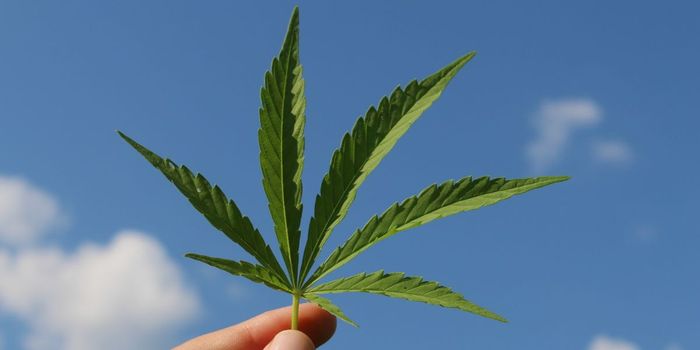Unlike animals and humans, plants are literally rooted to the ground. This means that they have fewer options of defending themselves against unwanted attacks that threaten their survival. But, just because they can't move doesn't mean plants aren't equipped to handle predators.
Some plants secrete chemicals known as volatile organic compounds (VOCs). These can either attract animals, such as the case of many flowers, or they can be noxious and repel insects. Furthermore, some plants have the capacity to modulate the levels of VOCs as necessary for their survival. For example, researchers found that the turnip rape activates floral VOCs to attract pollinators when this plant is flowering. However, if the plant is infested with caterpillars, it will switch the VOCs to detract bees, and instead attract parasitic wasps that will kill the caterpillars.
Such example demonstrates the biological complexity of plants and the ingenious ways they've evolved to defend themselves. Watch the video to learn more!








